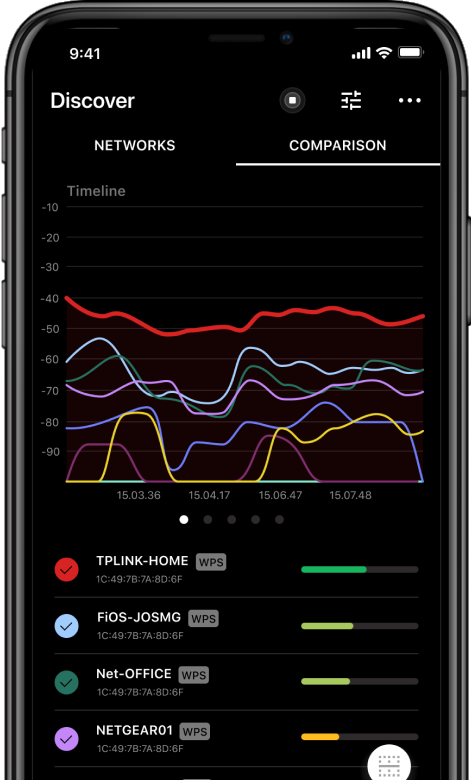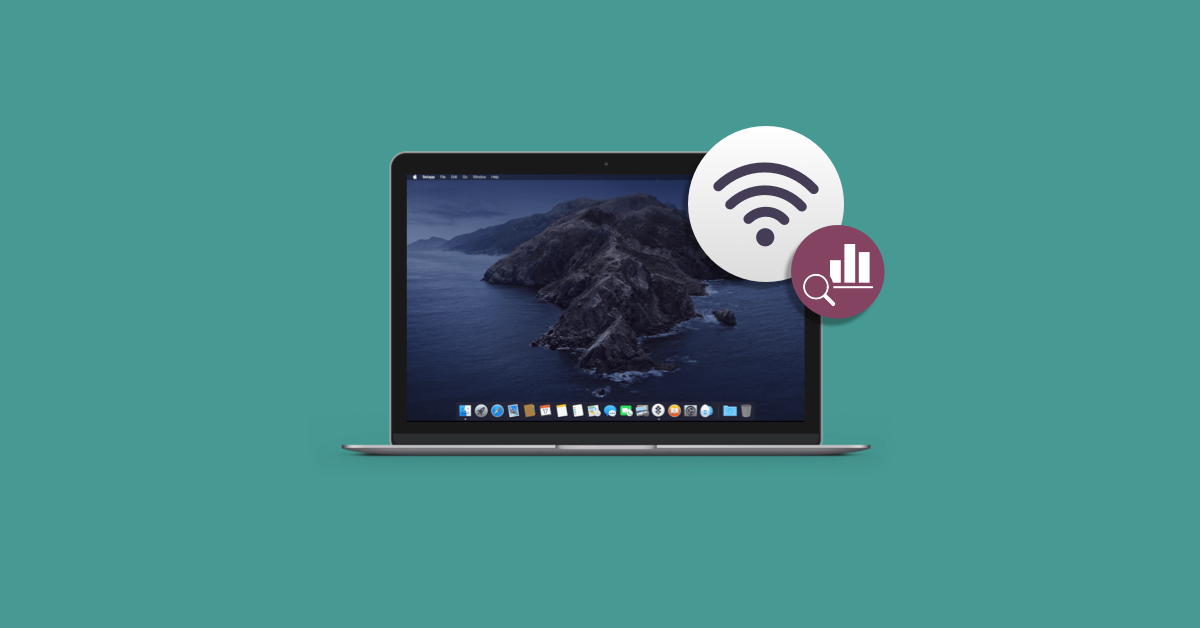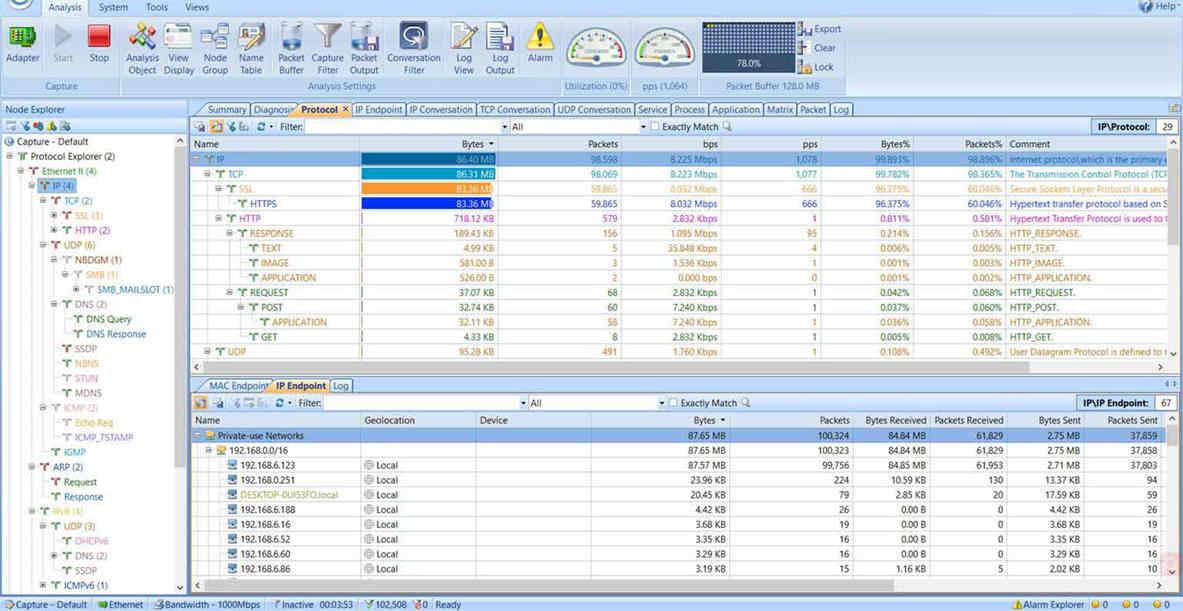
Packet sniffing is the process of capturing the packets moving through the network at any given time (regardless of how they’re addressed) and analyzing those packets for information useful for troubleshooting or network monitoring purposes. The packet is then reassembled in its original form and the transmission process is complete. After the packets get where they’re supposed to go, the data used to route the packet through its host network is dropped and it must pick up more routing data from the receiving network’s protocol stack. The four phases are application protocol, transmission control protocol (TCP), internet protocol (IP), and hardware.ĭata packets must pick up a port number and an IP address in the middle two phases before they can be transmitted over the internet, which happens during the final “hardware” phase. When packets travel through a network, they inherently travel through four phases of the protocol stack called Transmission Control Protocol/Internet Protocol. Everything you do on a network must be broken down into thousands of tiny chunks of data called packets.

To truly understand the role network packet sniffers play in network performance best practices, you must know the basics of internet routing and packet sniffing.
#Wireless network sniffer mac software#
The first part is the network adapter connecting the sniffer to the network, and the second part is the sniffer software facilitating the gathering and analysis of data gathered by the traffic sniffer. This makes it easier for administrators to break down network traffic and pinpoint exactly what needs fixing instead of individually hunting through thousands of applications on your network.Īll traffic sniffers are comprised of two parts.

In your Wireless Diagnostics Scan Tool, you'll notice a heading called RSSI.

You'll notice that most access points will be set to one of these three channels but you can still find out the best channel to choose from by seeing which channel is used the least in your area.
:max_bytes(150000):strip_icc()/wifianalyzer-a2ab725f6e3344219ebe7d71e85228c3.jpg)
These are the best channels to chose from when setting your channels in your router. Channel overlap is beyond the scope of this article but to keep things simple, the channels that do not suffer from channel overlap are channels 1, 6 and 11. Although the Scan may tell you which channels are least used in your area, the dirty little secret is that only 3 channels have the best connectivity due to something called "Channel Overlap". The 2.4GHz Wi-Fi range is a bit more complicated. Wait for your Airport Base Station to reboot and you're all set! The 2.4 GHz range.


 0 kommentar(er)
0 kommentar(er)
